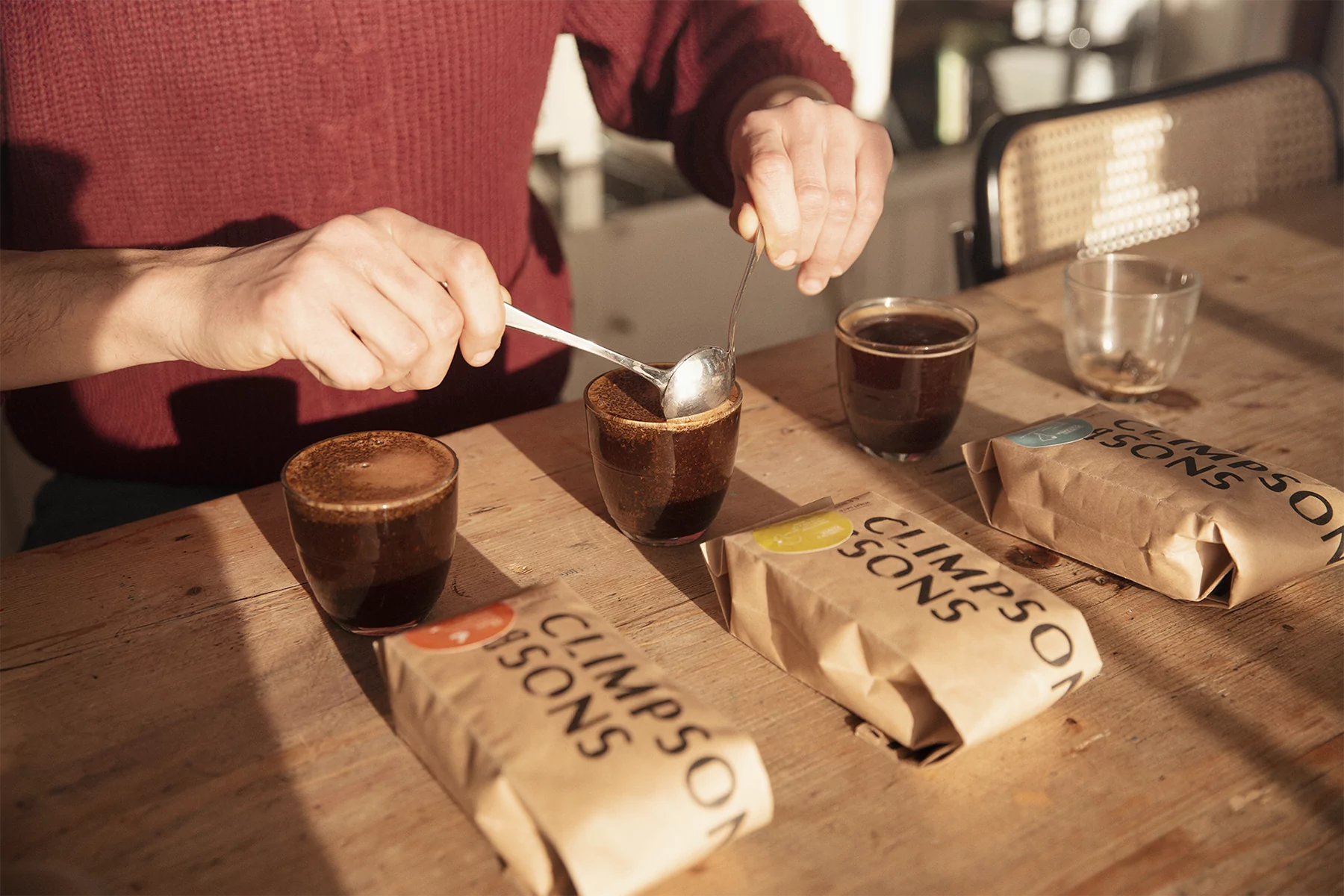
Nicole who’s the MD at specialty coffee roasters Climpson & Sons explains why we’ve got to be ok confronting some uncomfortable truths to create a more sustainable future
“Ignorance is bliss, knowledge is anxiety and responsibility” Karl Weinhold writes in his book Cheap Coffee. But he continues, it’s this knowledge that “causes us to strive for change”. His words are a guide for those wanting to see a change in coffee. It’s now clear to me that we have to be ok with feeling uncomfortable before we can channel our discomfort into action. It’s my hope for 2022 that baristas will be engaged in the sustainability conversation in a more meaningful way. So, here’s some ideas for sustainable action in 2022.
Recently I have been lucky enough to complete the Specialty Coffee Association’s Sustainability Professional course. I’ve come to the conclusion that for coffee to be more sustainable, we’re going to have to confront some uncomfortable truths, like considering the overarching priority we’ve previously given to ‘quality’.
Let me explain. Sustainability has economic, environmental and social components. Picture a three legged stool, where each leg represents one of these components. In order for the stool to be upright, the legs must be even and, obviously, the stool would fall over if it only had two legs. For coffee to be sustainable, we need the economic, environmental and social components to work together.
So, can we can we expand our priorities from pursuing quality to incorporate the sustainable priorities as well? In our customer interactions, what can baristas share about producers that goes beyond tasting notes? And are customers even ready to talk about sustainability?
My concern is that our current focus limits our efforts. For example, the community’s focus on quality has driven an interest in geisha coffees. However, a broader sustainability focus also demand us to ask whether it is financially sustainable for farmers to produce more geisha coffees. Especially when there are other varieties which also taste great, may be better suited to local growing conditions and are more resistant to pests. I think we need to consider all these aspects before we champion hero coffees and showcase new varieties and alternative processing methods.
I recently surveyed coffee consumers to better understand their priorities when buying coffee. They resoundingly answered ‘quality and taste’. On the surface, this is highly encouraging as more people are looking to drink better coffee. But I want to avoid the risk of coffee companies deploying marketing to sell them what’s novel in the name of it being ‘quality’; rather than us working to sell sustainable, quality coffees to an increasing number of people.
The second key finding in my research is that certifications, such as Fairtrade, do give consumers confidence. This too can be seen as an encouraging starting point. Consumers demonstrably want to be engaged in ethical credentials and are looking for greater reassurance that their coffee is grown sustainably in economic, environmental and social ways. Much of specialty coffee sources with standards beyond Fairtrade, but the survey also identified that consumers are primarily seeking information on ethical coffee sourcing online. Are we helping baristas to share sustainability information with their customer in store?
It seems to me that this is an under-utilised communication channel and there’s a lot of work to be done here. I see an opportunity for specialty coffee to create a different and new conversation with our customers that goes beyond Fairtrade, certifications and recycling cups to educate consumers about coffee sustainability more generally.
I appreciate that the multiple demands of sustainability can be overwhelming, but sustainability isn’t always complicated. Sometimes it can be as simple as asking a customer to guess where the coffee is from or adding a quip about why we love a particular coffee. These encounters can ignite curiosity – even if it is just one person at a time.
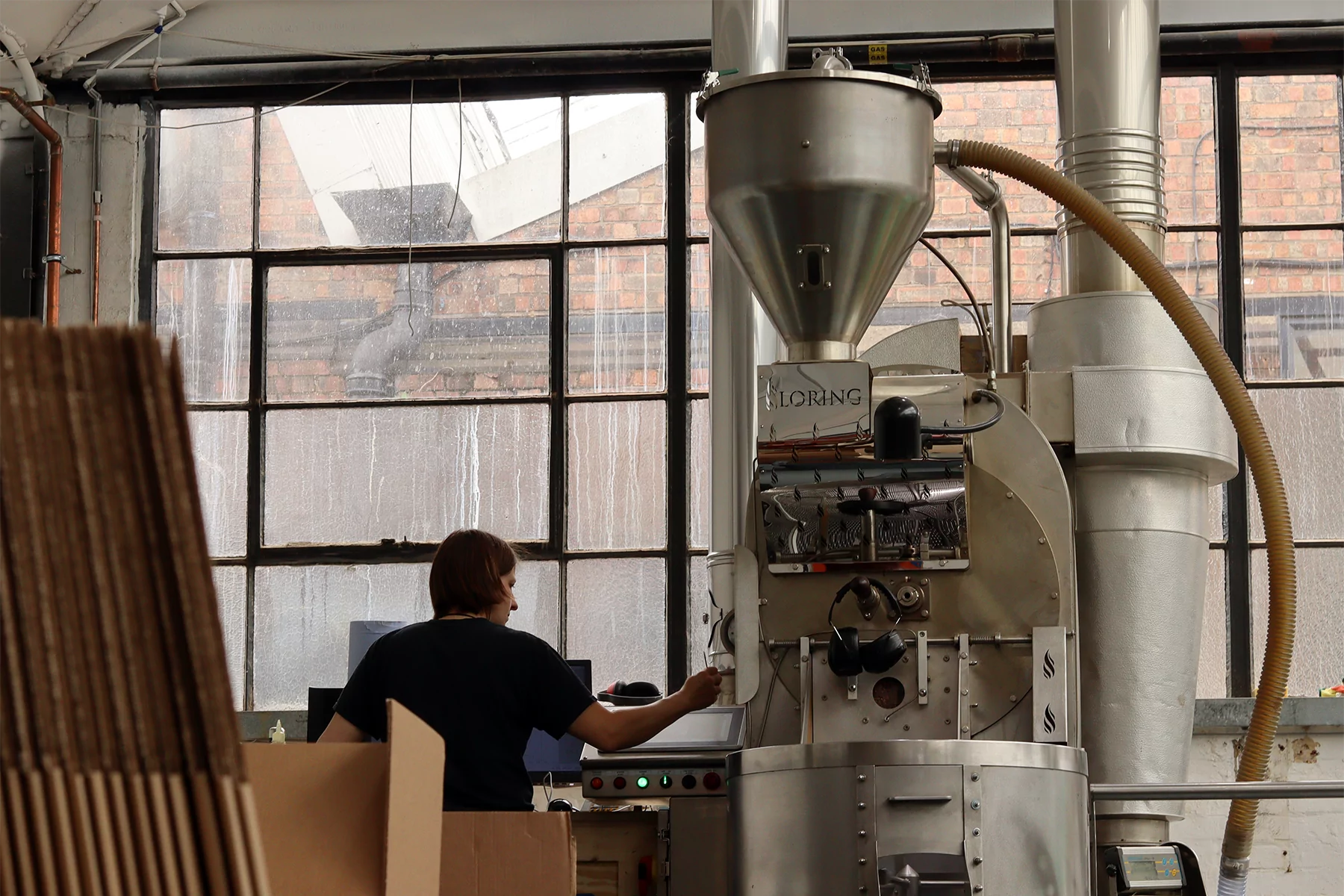
For baristas that want to learn more about coffee sustainability, can I encourage you to look at the SCA Sustainability Foundation course with the Chain Collaborative. It is a great introduction to the three pillars of sustainability and the course also covers the impacts of colonialism and affects capitalism has on our industry. Hopefully your workplace will be able to support you as you strive for change.
Events are also a great opportunity to engage with other coffee people, to share experiences and gain further knowledge. There have been a good online events such as High Density and the Traceability Summit, and the content is still available online. But for coffee people wanting to attend in person events in 2022 can I encourage you to find relevant events on the Coffee Events Calendar. Climpson & Son’s has supported this initiative precisely because we want the coffee community to be able to connect again at cuppings, producer events, panel discussions or shows. And, of course, I hope that much of your conversation is about what we can do to make coffee more sustainable.
There’s an opportunity to make ‘quality’ synonymous with both sustainability and taste, but to do that we must embrace an unknown future. It’s often difficult to see sustainable solutions at the start of the journey, but my hope is that by creating awareness and encouraging the conversation we can foster your curiosity and action to build a more sustainable coffee industry in 2022.
How can we make coffee more sustainable?
What are the other things the specialty coffee community needs to confront to make coffee more sustainable? Let us know your thoughts, we’re on all the usual channels.

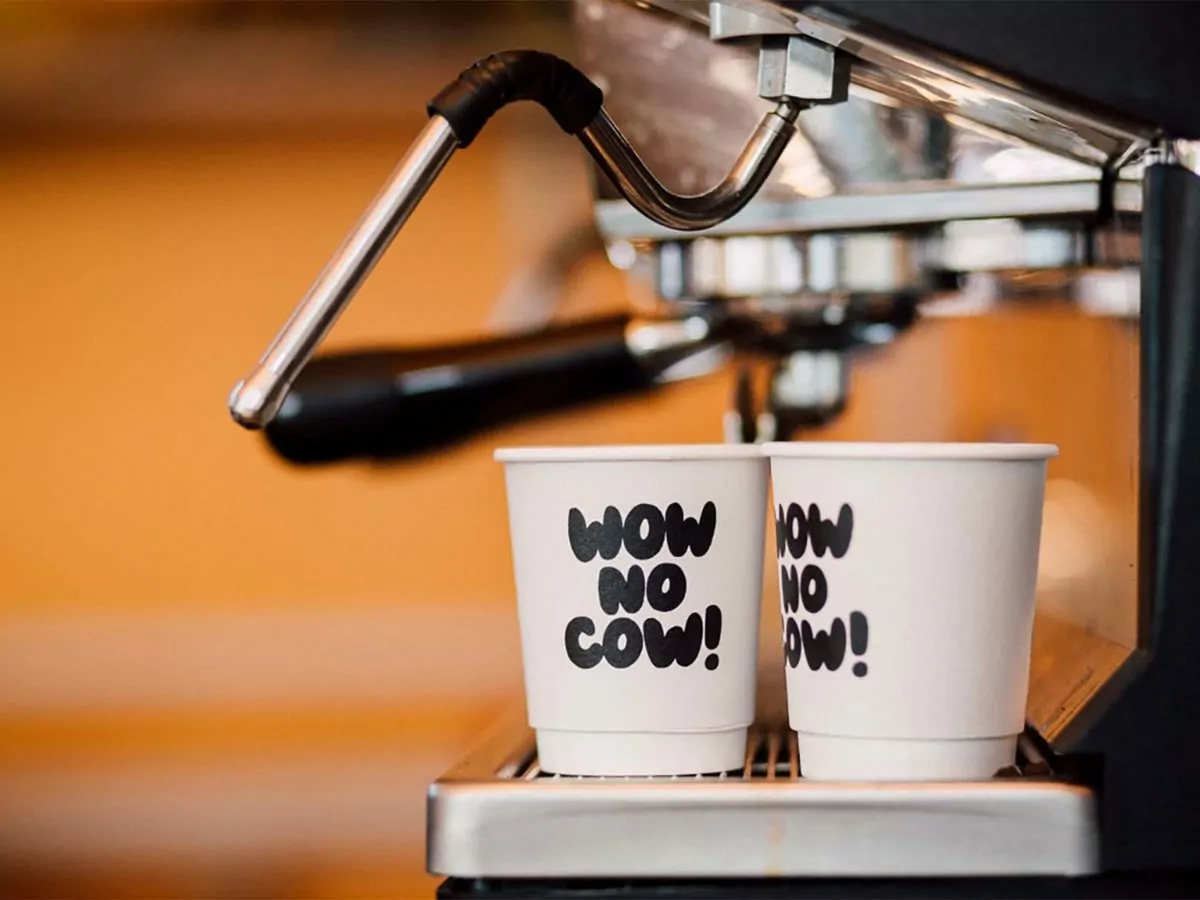
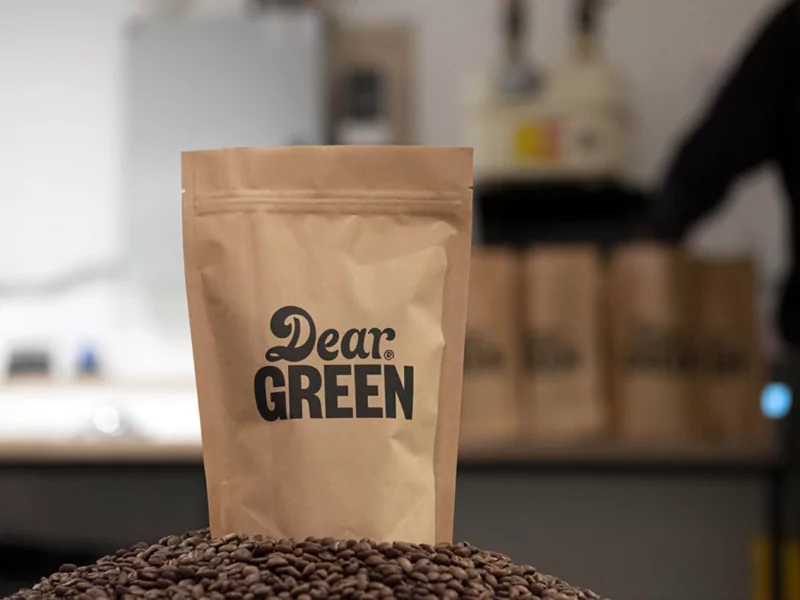
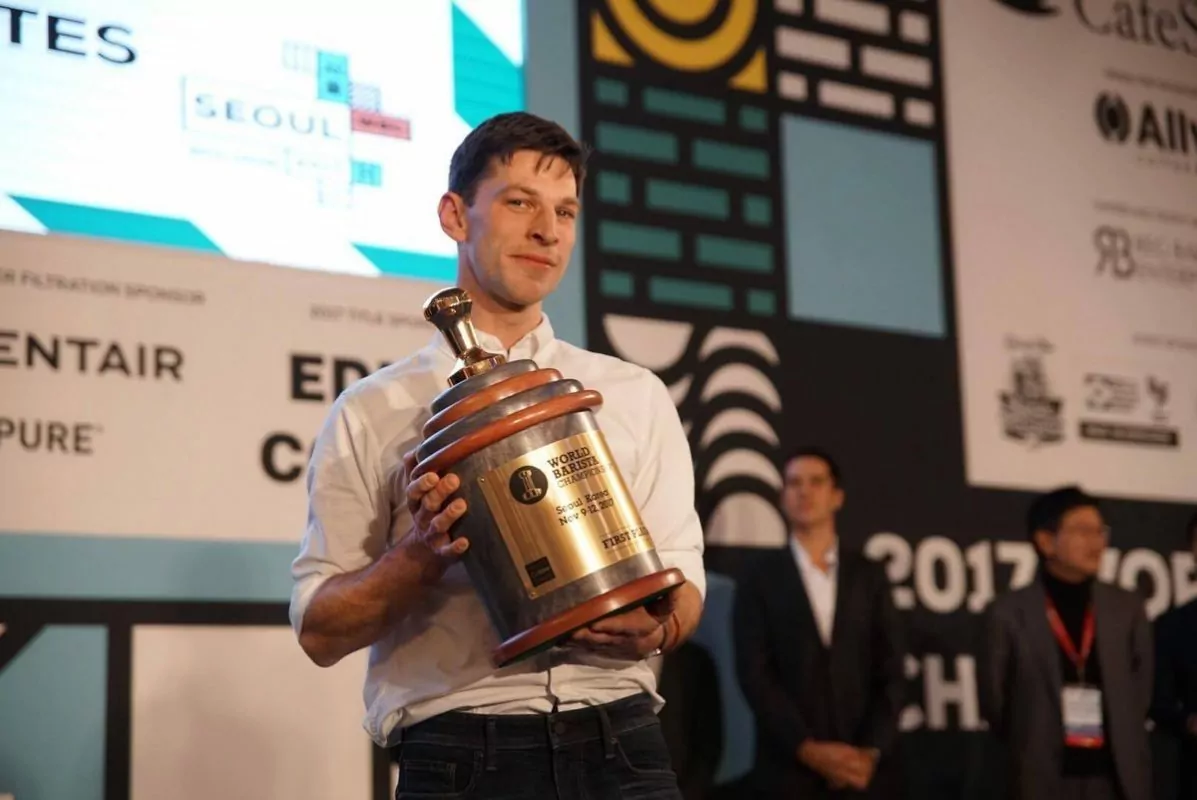
 Give Coffee If you found this article useful, show your appreciation
Give Coffee If you found this article useful, show your appreciation